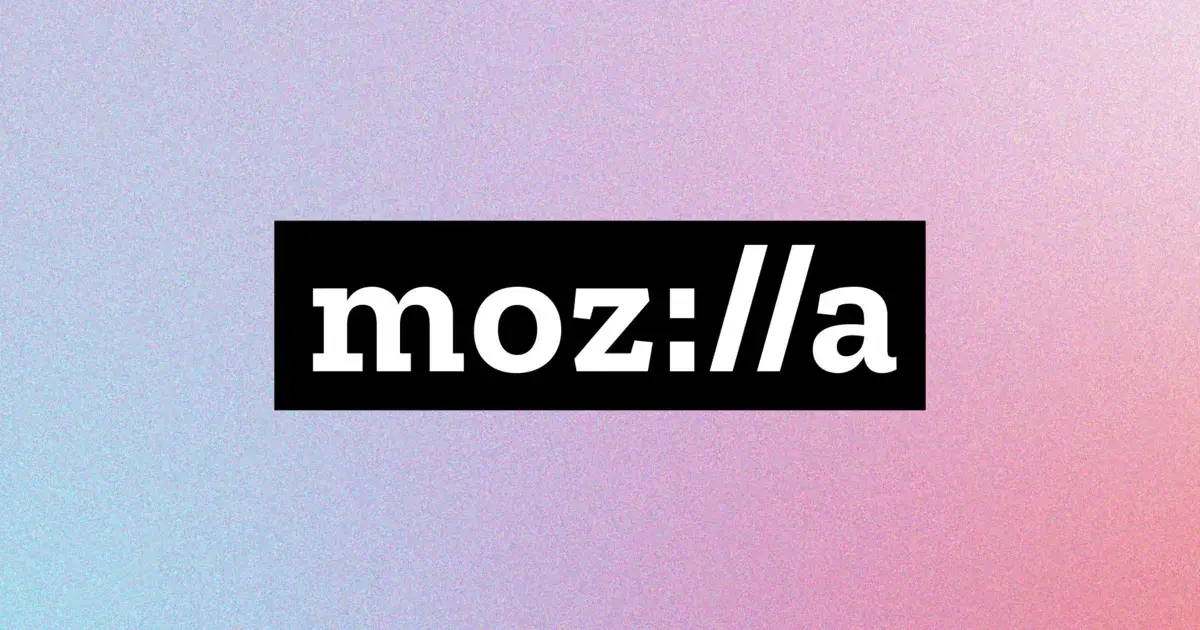cross-posted from: https://lemmy.ml/post/7456748
The mission-driven tech company behind the Firefox browser, Pocket reader and other apps is now investing its energy into the so-called “fediverse” — a collection of decentralized social networking applications, like Mastodon, that communicate with one another over the ActivityPub protocol.
The fediverse sounds just like what we all thought the internet was back in the early 90’s.
Apart from Mozilla sabotaging the ideal in ways others describe here I can think of other ways it could be hijacked by corporate interests…
eg elimination of net neutrality so that ISP’s prioritise traffic to paying servers, then doing deals with the biggest servers until we again only have a handful of options if we want wide reach?
Humans are suckers for hype and corporations know hype. While that is dangerous for democracy I have lost interest in communicating with the masses so being part of a relatively small network of people is just fine by me.
🤖 I’m a bot that provides automatic summaries for articles:
Click here to see the summary
Consumers are hungry for a new way of social networking, where trust and safety are paramount and power isn’t centralized with a Big Tech CEO in charge… or at least that’s what Mozilla believes.
The mission-driven tech company behind the Firefox browser, Pocket reader and other apps is now investing its energy into the so-called “fediverse” — a collection of decentralized social networking applications, like Mastodon, that communicate with one another over the ActivityPub protocol.
And, as a wholly owned subsidiary of a nonprofit, the company says it’s not motivated by generating earnings for shareholders or returning a VC investment, allowing it to progress with a collaborative approach where it takes in input from a lot of different voices.
“I think that it’s a pretty poor track record by existing companies that are only model motivated by profit and just insane user growth, and are willing to tolerate and amplify really toxic content because it looks like engagement,” she says.
However, the company is aiming to tackle some of the obstacles that have prevented users from joining and participating in the fediverse so far, including the technical hurdles around onboarding, finding people to follow and discovering interesting content to discuss.
What Mozilla wants to accomplish, then, is to help reconfigure the Mastodon onboarding process so that when someone — including a publisher or creator — joins its instance (or the fediverse in general) they’re able to build their audience with more ease.
Saved 86% of original text.



